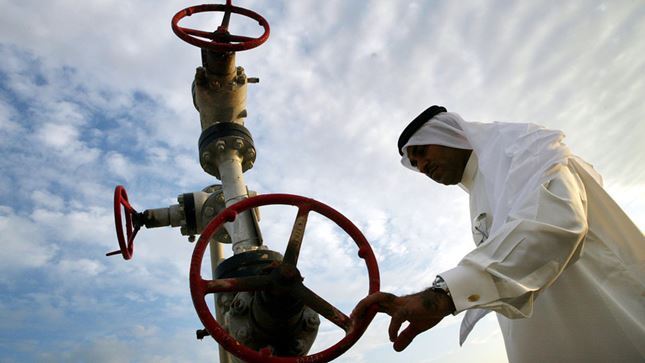The Organization of the Petroleum Exporting Countries (OPEC) agreed yesterday (30 November) on its first oil production cut since 2008 after Riyadh had reached a compromise with its rival Iran. Iraq also agreed to curtail its booming output despite the fact that Bagdad had previously insisted on higher output quotas to pay for its fight against Islamic State militants.
Non-OPEC Russia will also partake in the measure by reducing its output for the first time in 15 years to help OPEC prop up oil prices. In response to the announcement, Brent crude jumped more than 9 percent to more than $50 a barrel. “OPEC has proved to the skeptics that it is not dead. The move will speed up market rebalancing and erosion of the global oil glut,” Amrita Sen of Energy Aspects commented. The compromise between Saudi Arabia and Iran was a great surprise for the industry observers as the two countries are notorious rivals for the influence in the region as reflected by the two proxy wars that they are fighting in Yemen and Syria.
Saudi Energy Minister Khalid al-Falih said ahead of the meeting that the kingdom was ready to come to terms with “a big hit” on production to get a deal done. “I think it is a good day for the oil markets, it is a good day for the industry and … it should be a good day for the global economy. I think it will be a boost to global economic growth,” he said. OPEC produces around a third of global oil, or around 33.6 million barrels per day, and under yesterday’s deal, it would reduce output by around 1.2 million bpd from January 2017. Saudi Arabia will absorb the biggest part of this output cut – almost 0.5 million bpd to 10.06 million bpd. Its Gulf OPEC allies – the United Arab Emirates, Kuwait and Qatar – would cut by a total 0.3 million bpd.




